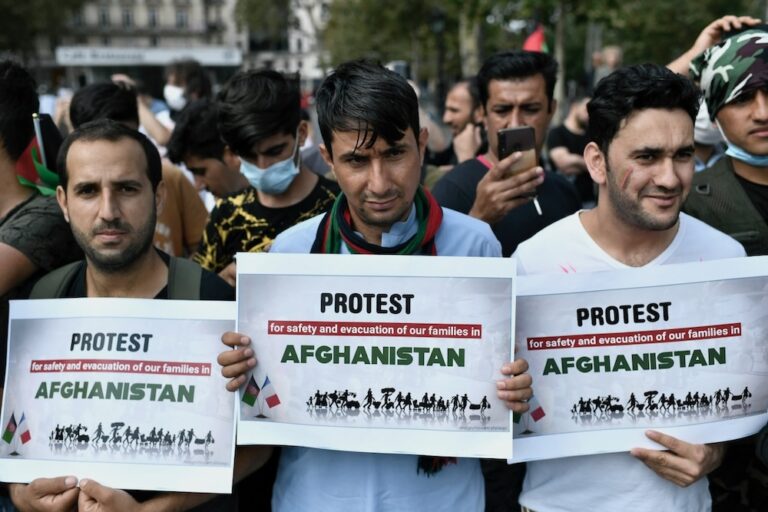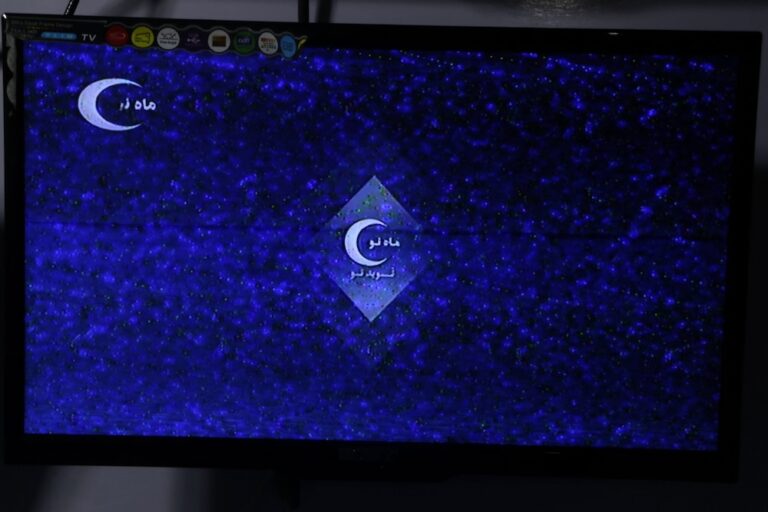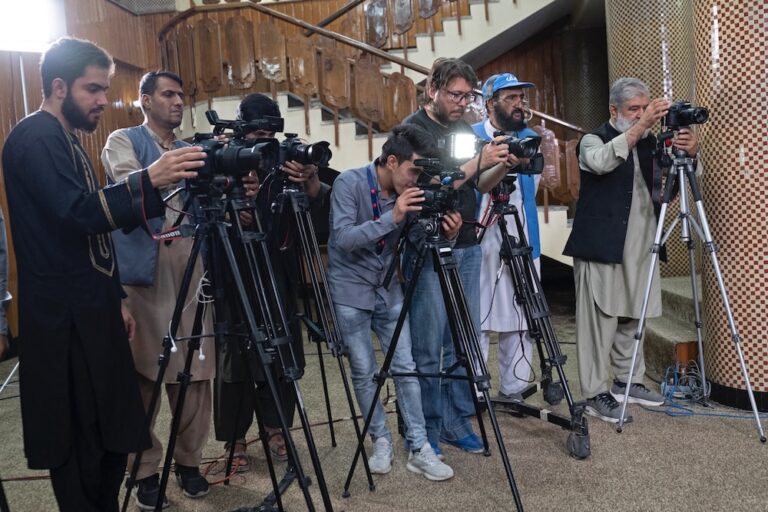(RSF/IFEX) – The following is an RSF press release: COVERING THE WAR IN AFGHANISTAN Four journalists killed on the road between Kabul and Jalalabad Reporters sans frontières has expressed its dismay and shock following the murder of four journalists in the province of Kabul. According to the latest information collected by RSF, the reported victims […]
(RSF/IFEX) – The following is an RSF press release:
COVERING THE WAR IN AFGHANISTAN
Four journalists killed on the road between Kabul and Jalalabad
Reporters sans frontières has expressed its dismay and shock following the murder of four journalists in the province of Kabul. According to the latest information collected by RSF, the reported victims are Maria Grazia Cutuli, the Italian daily Corriere della Serra’s special envoy, Julio Fuentes, a reporter from the Spanish daily El Mundo, Harry Burton, an Australian cameraman from the Reuters news agency, and Azizullah Haidari, an Afghan-born photographer from the Reuters agency.
Following the deaths of Johanne Sutton of RFI, Pierre Billaud of RTL and Volker Handloik of Stern, this new tragedy reminds us that the press is paying a heavy price in order to inform the public of the situation in Afghanistan. We recommend that journalists ask mujahedin commanders or the local authorities for armed escorts when they leave cities under the control of anti-Taliban forces. Contacted by RSF, the new authorities in Jalalabad expressed regret that the journalists had left in a convoy for Kabul without any security.
The press convoy, which included eight vehicles, left Jalalabad (province of Nangarhar) on the morning of 19 November 2001. Most reporters had arrived there the previous evening from the Pakistani border under the protection of Commander Zaman’s mujahedin fighters. Two hours into the convoy’s journey, near Pouli-es-the-Kam (ninety kilometres east of Kabul), six unidentified persons armed with Kalashnikovs reportedly blocked the convoy. They reportedly allowed the Afghan chauffeurs to leave the convoy and asked the Westerners to follow them. A few metres further, the attackers reportedly opened fire on the journalists. One of them was reportedly shot in the face. The six other vehicles made a U-turn and headed back to Jalalabad to report the incident. Commander Zaman confirmed with RSF that a group of at least fifty mujahedin had gone to the location of the crime to try and recover the bodies and establish the circumstances of the killings. He noted that the zone was located in the province of Kabul, which is an area under the Northern Alliance forces’ authority. Another group of soldiers reportedly left from Kabul to investigate the incident.
According to several sources questioned by RSF, the Sarowbi region, which has numerous narrow canyons, is known as an area where many bandits are active. The evening before the deadly attack, three Radio France Internationale journalists, including Jean Piel, the radio network’s New Delhi correspondent, were attacked and robbed along the same road by a group of young bandits armed with Kalashnikovs. That same day, a group of Filipino journalists were robbed on the road to Kabul. Isolated groups of Taliban fighters may also be present in the region.
Over 770 journalists have been killed over the past 15 years, including 24 since 1 January 2001.


